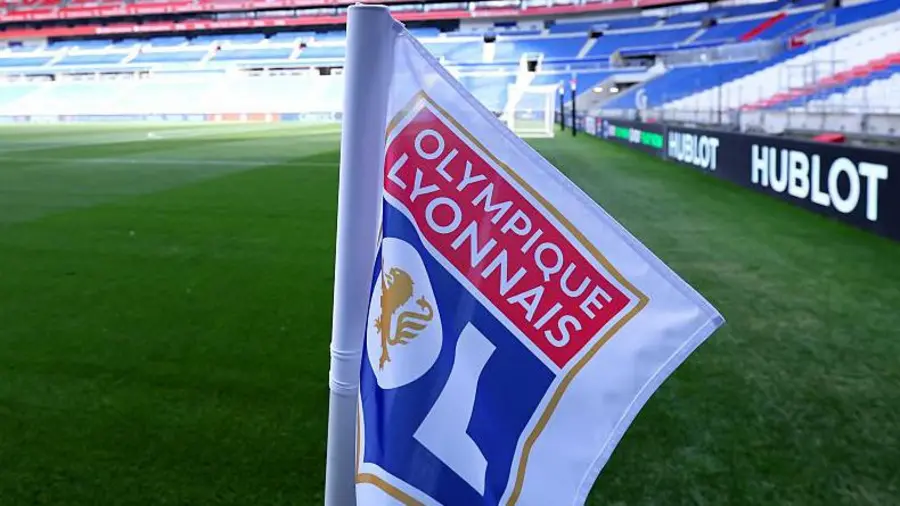Lyon Shocks Fans, Remains in Ligue 1 Despite Demotion Drama




In a surprising turn of events, Lyon, one of France's most storied football clubs, will continue to appear in the Ligue 1 fixtures for the next season. This decision comes despite the club's relegation to the second tier, Ligue 2, following a financial review that exposed deficiencies in their economic management.
Lyon, officially known as Olympique Lyonnais, has been a cornerstone of French football for decades. Established in 1950, the club rose to prominence in the early 2000s, clinching seven consecutive Ligue 1 titles from 2002 to 2008. Such dominance in domestic football not only brought them national but also international recognition, particularly in the UEFA Champions League.
The financial downturn for Lyon began to show in recent years, exacerbated by the global pandemic, which hit many sports clubs hard due to lost revenues from ticket sales, merchandising, and broadcasting rights. The situation at Lyon worsened owing to their significant investment in player transfers and facility upgrades, expecting continuous participation in European competitions that unfortunately did not materialize.
The French Professional Football League (LFP) has stringent financial fair play regulations designed to ensure clubs do not exceed their economic capabilities, fostering a sustainable model across the leagues. Clubs are regularly assessed, and failure to meet these standards typically results in sanctions, ranging from fines to relegation. For Lyon, the culmination of financial instability led to the initial decision of relegation to Ligue 2.
However, the decision to keep Lyon in Ligue 1 despite their relegation is not without precedent, yet it remains highly uncommon. This peculiar situation can partly be attributed to the potential significant impacts on the league's marketability and competitiveness. Lyon's presence in Ligue 1 has historically attracted sponsorship deals and broadcast rights agreements beneficial not just for the club but for the league in general.
The economic implications of Lyon playing in Ligue 2 would stretch beyond the club to affect the broader ecosystem associated with French football. Ticket sales at other stadiums, viewership numbers, and international interest could potentially decrease, influencing the financial health of the league as a whole.
Further, this decision allows Lyon a chance to rectify their financial administration without suffering the additional consequences of lower-tier play, which could include reduced television revenue and sponsorship deals. Lyon’s management has publicly acknowledged the issues and expressed commitment to adhering to a stricter financial regime, enhancing their revenue streams, and ensuring a sustainable business model.
Critics of this decision argue that exempting a club from relegation due to financial influence sets a dangerous precedent that could undermine the integrity of the sport. They contend that performance on the pitch should be the primary criterion for determining league placements. Meanwhile, supporters of the decision emphasize the necessity of considering the long-term impacts on the league and its global standing.
The league's governing body and Lyon’s management must tread carefully in the coming months. The club will need to demonstrate reformed financial prudence and improved governance to avoid future sanctions or criticism from other clubs and fans. Moreover, they must strive to regain their competitive edge on the field, spurred on by the knowledge that their continued presence in Ligue 1 is a privilege not afforded to every club.
As the new season approaches, all eyes will be on Lyon, not just to see if they can bounce back from their financial woes, but also to scrutinize the fairness and effectiveness of the football governance structures in place. This scenario serves as a compelling example of the complexities involved in managing modern football clubs, where the line between financial acumen and sporting excellence is increasingly blurred.